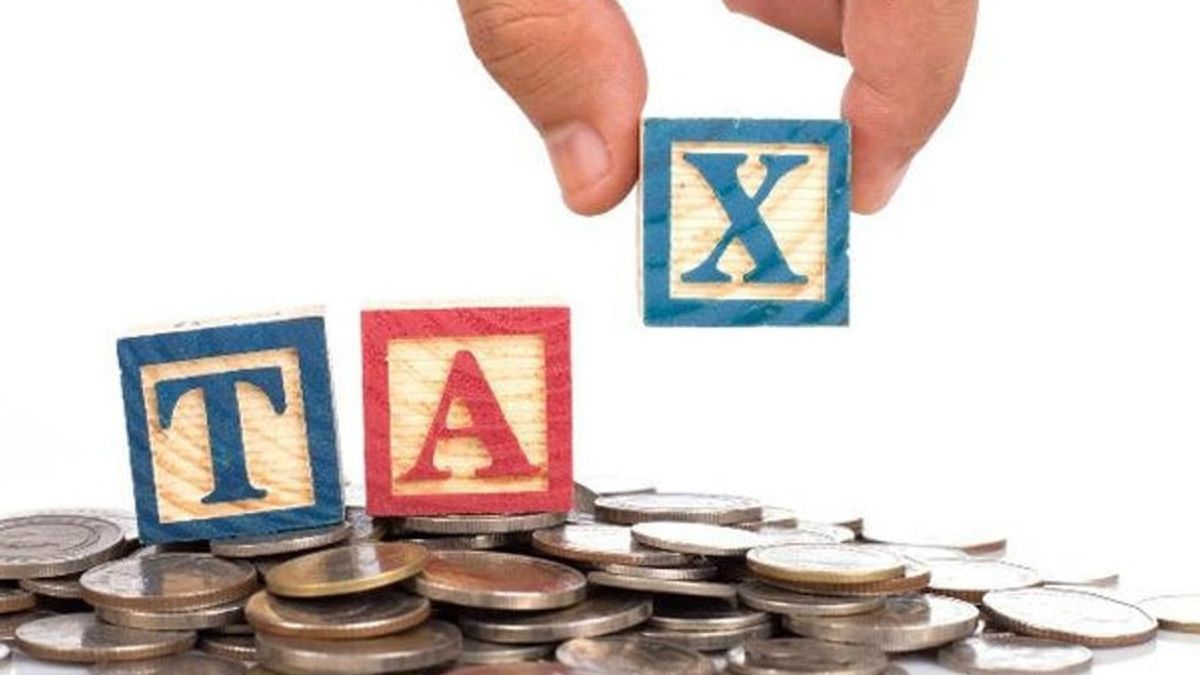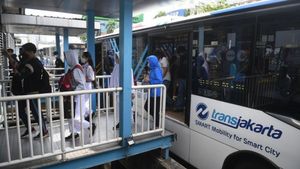According to the World Bank and reports from research institutions such as McKinsey, the middle class in Indonesia contributed greatly to domestic consumption growth. Domestic consumption accounts for around 55-60% of Indonesia's Gross Domestic Product (GDP). Middle class, with relatively stable purchasing power, became the main driving force. This shows that the middle class is the backbone of the Indonesian economy. However, the plan to increase Value Added Tax (VAT) to 12 percent by 2025 has the potential to become a new stumbling block. This policy, which initially only targeted luxury goods and services, has now touched on the essential secondary needs for many middle class households.
Data from the Ministry of Finance shows that the increase in VAT will increase the price of goods by 0.9 percent. This impact looks small, but for the middle class whose income is stagnant, the slightest increase will narrow the space for financial movement. According to Bank Indonesia's analysis, the trend of people's savings has slowed to 15 percent in the last quarter of 2024. This figure is a signal that their purchasing power has been depressed even before the new policy was implemented.
As Netray reported, public sentiment towards the increase in VAT on social media also showed a negative reaction of 68 percent. Many call this policy a more burdensome step than welfare.
Luxury electronic goods, such as large screen television and flagship smartphones, will be subject to 12 percent VAT. Likewise with premium cars, jewelry, and exclusive entertainment services such as international concerts. However, sophisticated household appliances that are now an essential need are also affected, although not relatively luxurious. On the other hand, VIP hospital services and international standard education are of concern because the tariff will increase higher.
Not only consumers, business actors are also affected. The chairman of GAPMMI (Indonesian Food and Beverage Entrepreneurs Association) said that the increase in VAT will increase operational costs, which will eventually be borne back by consumers. The chairman of Aprindo added that domestic consumption has the potential to decrease by 20 percent, especially because the middle class tends to reduce spending on non-essential goods.
BACA JUGA:
Minister of Finance Sri Mulyani emphasized that this policy still refers to the principle of justice. However, how is it fair that the middle class that supports domestic consumption must bear the burden? Although state revenue is predicted to increase by IDR 75 trillion, the price that must be paid by the community has the potential to be greater: predictably, purchasing power will decrease, consumption will slow down, and potential inflation will increase.
Ironically, the government has not maximized tax revenue from the digital sector, which has a value of trillions of rupiah. Reporting from business, it was noted that the realization of receiving trade VAT through electronic systems (PMSE) or digital taxes throughout 2023 was only valued at Rp6.76 trillion, while in the same year Bank Indonesia recorded e-commerce transactions reaching Rp453.75 trillion. With an 11% VAT rate, the potential for receiving PPN PMSE last year was recorded at Rp49.91 trillion. This means that there is a potential for taxes that cannot be collected at Rp43.15 trillion.
The 12 percent increase in VAT should be postponed. The government needs to review its impact comprehensively. Alternatives such as progressive taxes for high income or optimizing digital taxes are more appropriate to be achieved. In addition, providing subsidies and fiscal incentives that are right on target must be a priority to maintain people's purchasing power.
The 12 percent increase in VAT has an impact far beyond luxury goods. This policy burdens the middle class, suppresses domestic consumption, and poses a risk of inflation. We agree with the government's intention to increase state revenue, however, the government needs to find solutions that are not only creative but also fair. Although the target of the upper class, but not the middle class, which is the driving wheel of the economy, must pay a price that is too expensive.
The English, Chinese, Japanese, Arabic, and French versions are automatically generated by the AI. So there may still be inaccuracies in translating, please always see Indonesian as our main language. (system supported by DigitalSiber.id)














